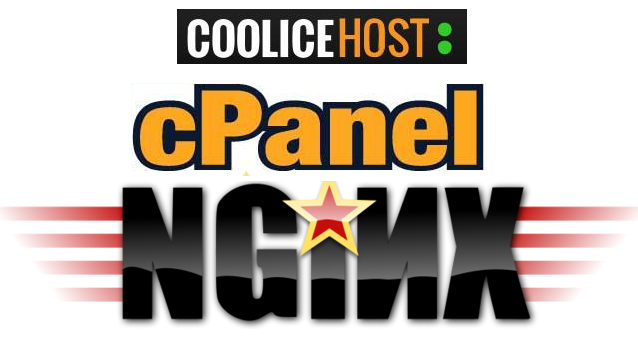
Nginx (pronounced as “engine-x”) is a relatively new web server compared to Apache and Microsoft IIS. However, Nginx quickly rose to serving about 15% of all active websites due to its efficiency in dealing with websites that experience heavy user traffic.

If you’re looking to launch your own website, you may have experienced the daunting task of choosing among Nginx, Apache, and Microsoft IIS, and ended up choosing Nginx for better performance under heavy user traffic. Unfortunately, one inevitably will have to choose among the thousands of web hosting companies available. That said, let’s talk about the features you should look closely at for an Nginx web hosting service.
Read also:
- Apache VS. Nginx: The Main Points
- Nginx Over Apache – Why Choosing Nginx Hosting
- Ten Great Advantages of Nginx
Resource Allotment: cost should not be your only deciding factor in choosing a web host. While a lot of sites start with less than a few megabytes of site content, the addition of quality multimedia content like HD videos, which can take up to a full gigabyte per hour, can easily surpass your hard drive space allocation. If, on the other hand, you’re planning to go with a simple site with textual content, you can get away with as little as 5mb.
Bandwidth Allotment: you’ll have to consider your site when it expands; most free or shared web hosts place ceilings on site traffic, often banning anyone who exceeds them. This means that if you’re aiming for heavy user traffic, you’ll want to go with a dedicated Nginx web host. Otherwise, free or shared web hosting may serve you just fine. You’ll want to start out with 3GB allowed traffic per month and work your way up when you get more visitors than the 3GB allotment allows.
Advertisements: most free web hosts will require you to place either pop-up or banner ads on your web page to pay for server upkeep and maintenance. If you’re planning to go this route, make sure you avoid pop-up ads, as this quickly makes visitors think of your site as illegitimate. You’ll also have to take into consideration the type and design of ads when creating a layout for your website so that they don’t become too intrusive.
Uptime: no matter how intricately designed your site is, a simple server failure will render it completely paralyzed. Make sure that the web host you get has an uptime of at least 99.5% and provide some sort of compensation if the uptime falls below the promised percentage.
File type and size limits: especially for free web hosts, there may be file type and size limits that might prove to be too limiting to do anything interesting with your website. For example, some web hosts only allow 500kb files to be uploaded, while some only allow pictures to be uploaded. If you plan to make other types of files available, you’ll want to look for a different web host instead.
Technical support: while often a skimped aspect, you’d be surprised how many times you may actually need technical support especially when you’re just starting out. It’s important to find hosting companies that have 24/7 technical support even on weekends and holidays, as errors and crashes do not take breaks. The best way to find out more about a company’s technical support team is by asking old customers about their experience. Take note of what old customers say regarding the technical support team’s competence and availability, checking whether or not the company lives up to its promise.
Complete Web Tools: if you’re going to get a web host that isn’t a VPS or a dedicated web host, hence limited customization options, you’re going to want to make sure that the web host you’re getting has these important tools:
- PHP
- Perl
- SSI
- .htaccess
- SSH
- MySQL
- Cron
- FTP
You’ll also want to make sure that the web host you get aren’t too restrictive when it comes to installing certain scripts, as this would prevent you from quickly making changes to your site simply because the changes require the host’s approval.
Control Panel: Control panels typically allow one to manage at least account details like email addresses and passwords. If the web host does not offer a control panel for user accounts, chances are you’d be forced to keep contacting technical support just to manage your accounts. Since user account management is a common task performed routinely by webmasters, having to go through technical support regularly may prove to be too much of a hassle.
Operating System: Nginx works best with Unix-based systems and will therefore present the least possibility of experiencing compatibility issues. Since Unix-based systems are open source, a large, active community of developers actively solves problems that may arise.
Conclusion
There’s no single type of configuration that would work well for everybody; depending on one’s budget, site traffic, and site structure and design, one’s needs could range from free, advertisement-bloated hosting to state-of-the-art dedicated hosting. You’ll want to find the best compromise between price and features, such that you get a web host that has the features you need at a price you can afford.
Read also:






